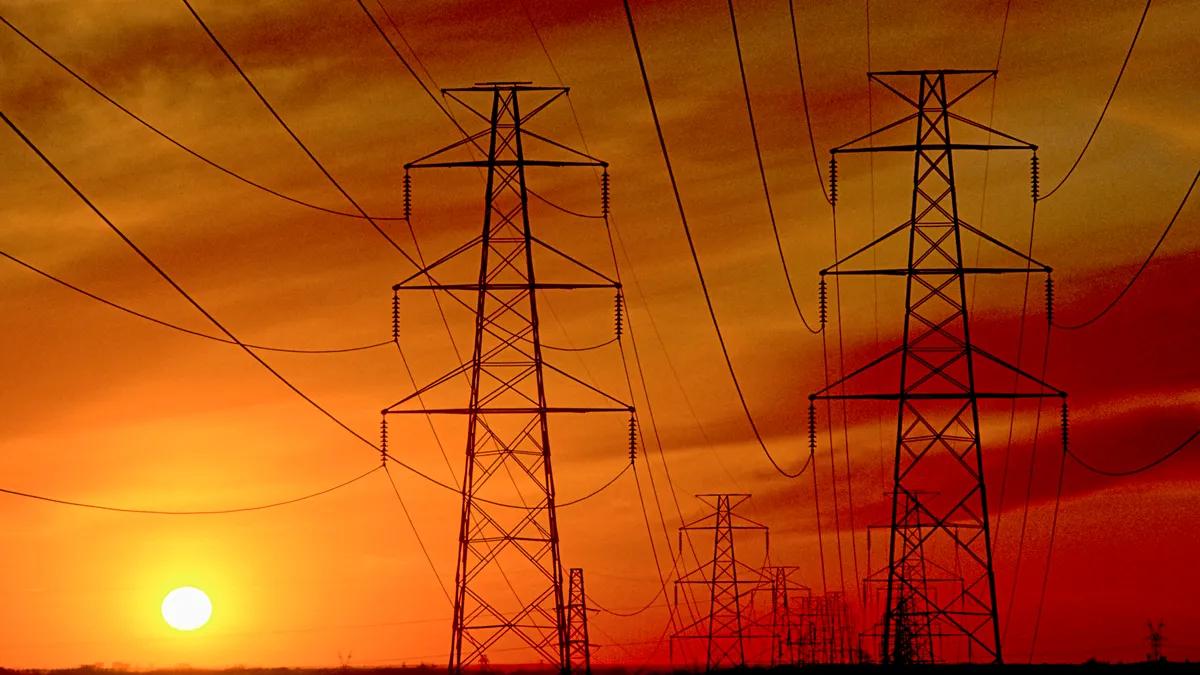Jason Grumet is CEO of the American Clean Power Association; Amy Andryszak is president & CEO of the Interstate Natural Gas Association of America.
It was a high-wire moment. Had Congress not passed a bill to suspend the nation’s debt limit ceiling last month, the damage to America’s economy would have been substantial.
But now in the wake of the bill’s passage, America is facing another high-wire moment: this one related to the nation’s clean energy future and, as a result, its national security, economic, reliability and climate imperatives.
The debt ceiling bill included some much-needed reforms to improve the efficiency of the permitting process for energy infrastructure — something the entire energy sector has been united in advocating for. But they were step one. The question is, what comes next? It’s clear to us that more needs to be done to enact meaningful, comprehensive permitting reform.
Even in the best of circumstances when a permit is speedily granted, building American energy infrastructure takes time. But the permitting process can take years, and those inefficiencies chill investment in new energy infrastructure and place us at a competitive disadvantage with other nations embracing their own clean energy futures.
A permitting system that was designed to protect against harm has paradoxically become the greatest obstacle to modernizing our energy infrastructure and achieving our environmental goals.
As leaders of the American Clean Power Association and the Interstate Natural Gas Association of America, we have witnessed firsthand the cost of an outdated, inefficient and unduly burdensome permitting regime. Delayed deployment of our nation’s abundant domestic energy sources has stalled investment, threatened jobs and jeopardized our energy security.
We must act now.
A bipartisan chorus of voices in Congress and across the energy sector agree that comprehensive permitting reform is necessary to increase system reliability and accelerate the adoption of new technologies and lower carbon-intensity fuels.
Failure to act risks significant delays — or the potential abandonment — of an estimated 100 GW of renewable energy projects. That’s more electricity than is used yearly across all of California. Nearly half of these projects will require expanding transmission infrastructure, which currently takes an average of 6.5 years to permit, in order to move power from where it is produced to where it is consumed. Anticipated project delays will cost our economy $100 billion in investment and 150,000 American jobs.
For the natural gas sector, permitting delays threaten the safe and efficient distribution of a resource that has fundamentally reshaped the U.S. energy economy and helped lower our carbon emissions by 33% since 2005. The natural gas industry has also committed to reducing the carbon intensity of its operations and to reducing net emissions by investing in more innovative technologies. Economic benefits are straightforward too. Homes that use natural gas for heating save hundreds — and sometimes thousands — of dollars each winter, according to the U.S. Energy Information Administration.
Let’s be clear: we're not suggesting sacrificing environmental stewardship in favor of hasty energy infrastructure construction. Congress can establish a new, streamlined framework while protecting our nation’s bedrock environmental laws by focusing on the inefficiencies within the existing permitting system.
Importantly, we don't need to choose between renewables and natural gas — or between affordable, reliable energy and our environmental goals. The vast majority of the U.S. power sector has committed to achieving net-zero GHG emissions and believes that natural gas will be part of that equation. Natural gas is a complementary fuel to renewables that balances the grid as the U.S. increases its adoption of renewables in coming years.
While divided control of Congress is seen by some as an impediment to getting permitting reform across the finish line, our conversations with lawmakers on both sides of the aisle reveal a widespread and bipartisan concern over the remaining shortcomings in our existing system.
We are encouraged by the continuing Congressional focus on this critical and complex set of issues. It's now time to finish the job. Comprehensive permitting reform will enhance our security, grow our economy and protect our environment for generations to come.





















